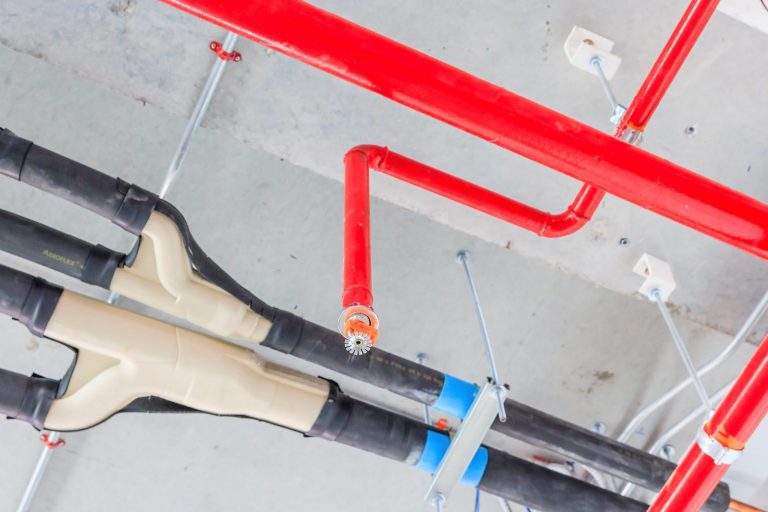For the construction industry, COVID-19 poses a unique set of challenges. James Hymers, associate at Pick Everard, discusses the importance of health and safety protocol and how to keep construction workers safe on site. In a recent open letter, the Secretary of State set an expectation that the industry is hoped to keep working on site and keep this vital part of the UK economy going – while continuing to observe social distancing guidelines. Site Operating Procedures The Construction Leadership Council (CLC) has created a set of site operating procedures to assist with implementing a plan and the Health and Safety Executive (HSE) has stated they will take enforcement action where employers are not taking reasonable steps to address social distancing. However, the HSE does also recognise that businesses are not being asked to close with the exception of specific social businesses. However, the industry must take responsibility for ensuring site workers are kept safe and that health and safety arrangements on their sites remain suitable and sufficient. As well as managing the risk of transmission on site, employers must consider the commute to and from the workplace in line with current government advice. Employers should also consider protocol should someone fall ill on site – and what steps will be taken to prevent transmission both at work and before they return home to self-isolation. Where work cannot take place from home, social distancing guidelines should be adhered to. If this is not possible given the nature of a particular task, employers should ‘consider’ whether the works are necessary and if they are, implement measures to prevent transmission of the virus. What if a site has to close? In addition to the site operating procedures, the CLC has produced guidance for where a construction site requires mothballing. While government guidance encourages sites to remain operational, this may not be possible due to issues with supply chain, workers being unwell or constraints to social distancing guidance amongst other issues. This may mean a site must close temporarily. In this instance, the Principal Contractor would still have a duty of care over the site, its visitors and anyone who might enter it illegally – as such, the site must be left clear and safe before it is closed. This may involve additional security measures being put in place, finishing essential works or implementing temporary safety measures to prevent injury to anyone who may trespass while it is not operational. Taking a collaborative approach It is inevitable that there may be programme and cost implications associated with the measures that must be put in place to ensure that social distancing guidelines are adhered to – it may be necessary to defer certain aspects of a build until a full workforce can return or to temporarily stop while appropriate measures are implemented. A collaborative approach among the project team is therefore key. In planning effectively for changes to working practices and potential delays, recovery following the COVID-19 crisis can be accelerated. About Pick Everard Pick Everard is a leading independent property, construction and infrastructure consultancy renowned for cutting edge sustainable design, delivered through cost effective and efficient project management. Established in 1866, Pick Everard has an award-winning project portfolio covering major retail development, city centre and urban regeneration, commercial and leisure projects. Pick Everard, which has an integrated in-house team of 500 architects, engineers, surveyors and project managers, is also part of Perfect Circle – a consortium comprising Pick Everard, Gleeds and AECOM established to deliver the Scape Built Environment Consultancy Services framework. Pick Everard has offices in the UK in London, Glasgow, Manchester, Birmingham, Leicester, Nottingham, Derby, Bury St Edmunds, Cardiff, Inverness, Bristol, Edinburgh and Leeds. For more information visit www.pickeverard.co.uk.






